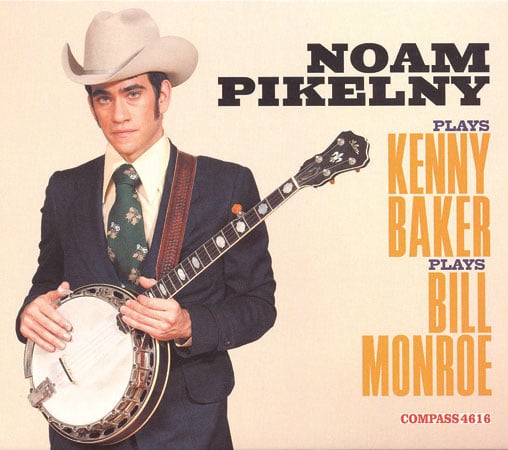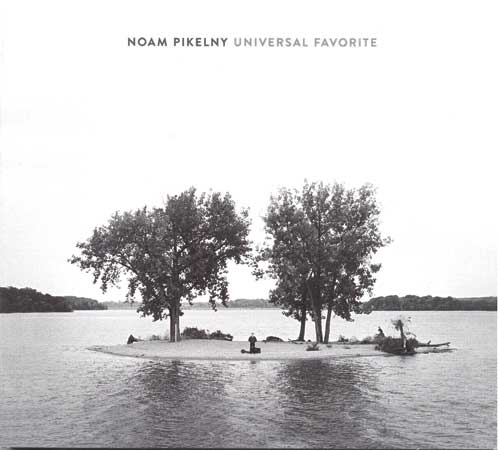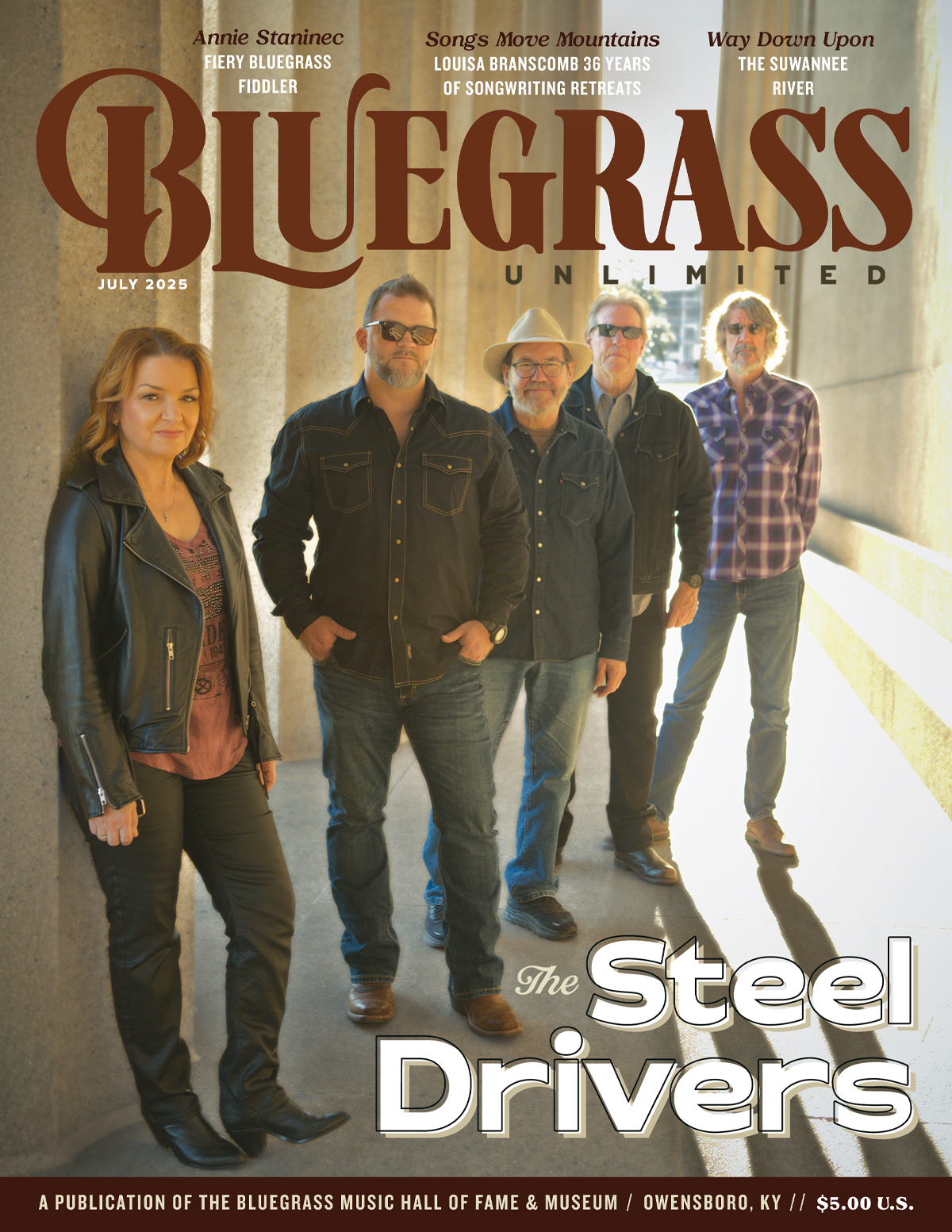NOAM PIKELNY, PLAYS KENNY BAKER PLAYS BILL MONROE
 NOAM PIKELNY
NOAM PIKELNY
PLAYS KENNY BAKER PLAYS BILL MONROE
Compass Records
4616
With a lineup led by Noam Pikelny on banjo with Mike Bub on bass, Stuart Duncan on fiddle, Ronnie McCoury on mandolin and Bryan Sutton on guitar, there’s no reason to wonder about the musical quality of this third recording by Pikelny for Compass. Of that, there can be no doubt.
What you probably want to know is whether all the same Monroe originals in the same order are included, starting with “Road To Columbus” and going through even the more obscure “Mississippi Waltz” and “Fiddler’s Pastime” to the closer “Ashland Breakdown.” You may also want to know if the versions here stack up well against Kenny Baker’s 1976 County Records release. Do the players and arrangements break free from simply recreating the sound and solos that Baker, Monroe, Black, Davis, and Stuart recorded forty years ago? Are the new arrangements interesting, and do they include ensemble passages and dialogues that make it more than just one solo after another? Does Pikelny’s attempt at translating Baker’s fiddle solos into melodic banjo succeed, such as catching Kenny’s beautiful high part on “Road To Columbus?” Is he able to generate the power needed to put the tunes across? Is he able to put his own stamp on the music and expand on Baker’s ideas? Does Sutton have a role beyond rhythm? Does he, in contrast to the 1976 contributions of Joe Stuart, take solos? Do they fit the recording’s aim? Equally, you’ll probably want to know if you’ll recognize the tunes. Is any of the original feel captured? Does Duncan get any of the sound of Baker in his solos even as he gives them a twist? Does the same hold true of McCoury’s nod to Monroe?
Yes. Yes all down the line. And yes, be it “Wheel Hoss,” “Jerusalem Ridge,” “Monroe’s Hornpipe,” or any of the rest, this is an excellent tribute to a tribute. (Compass Records, 916 19th Ave. S., Nashville, TN 37212, www.compassrecords.com.)BW

